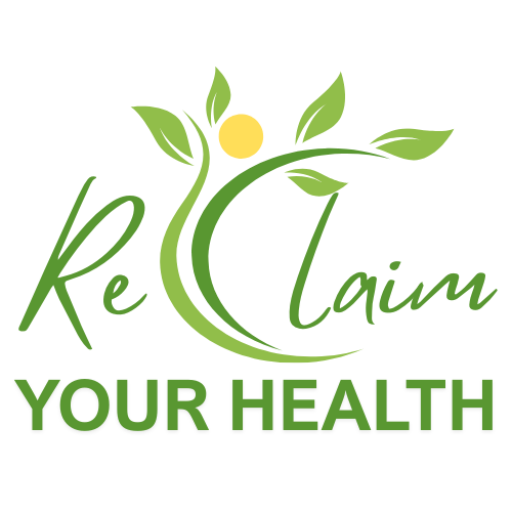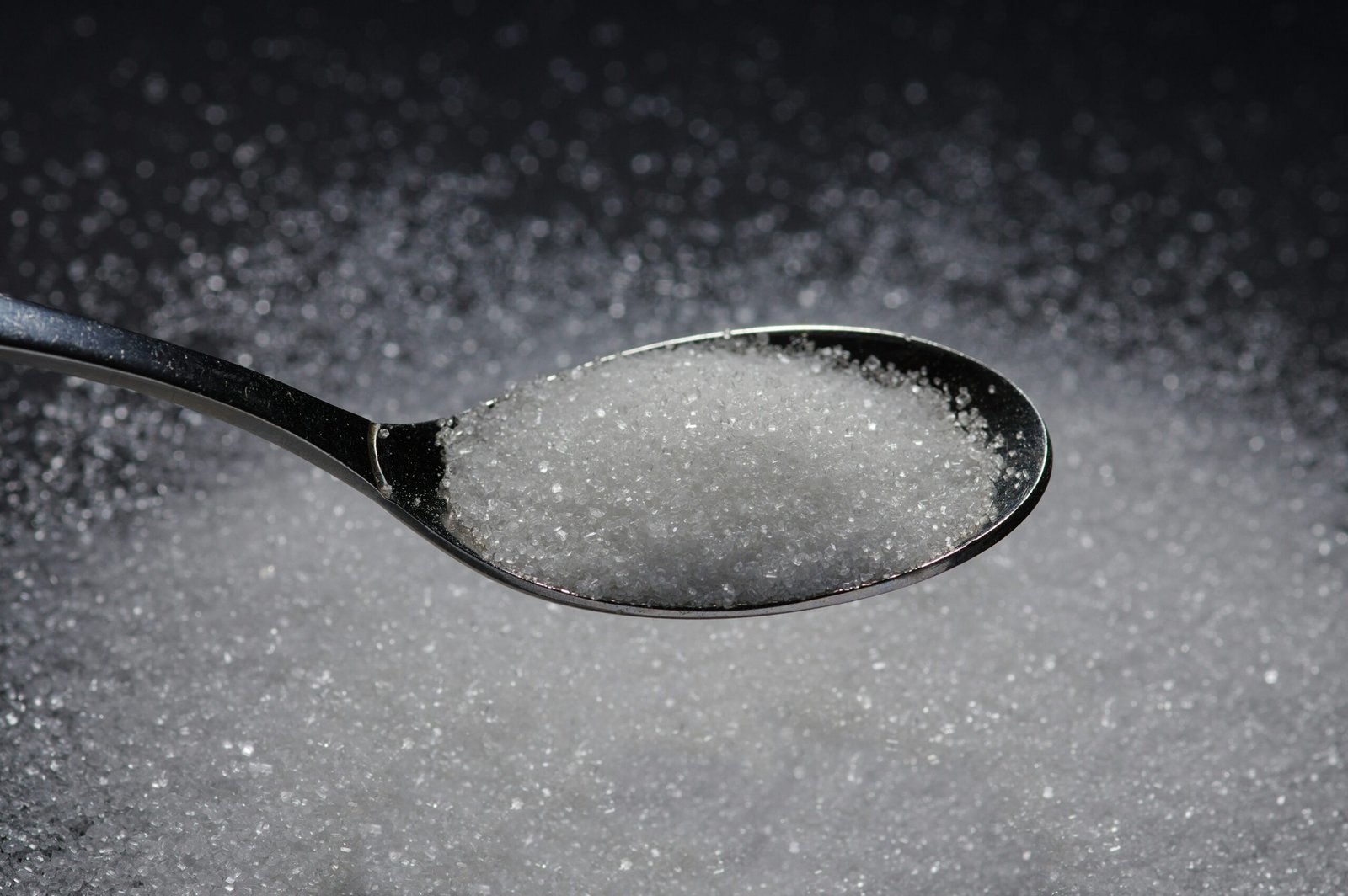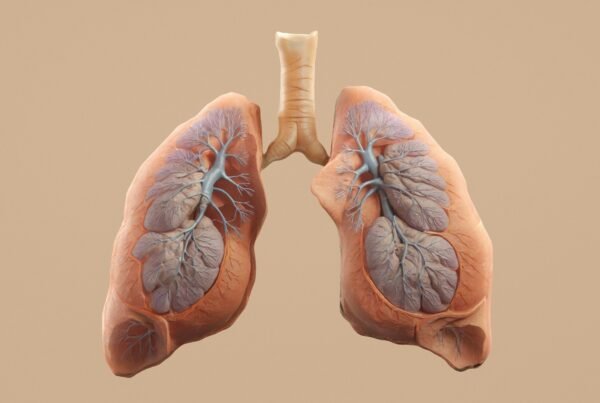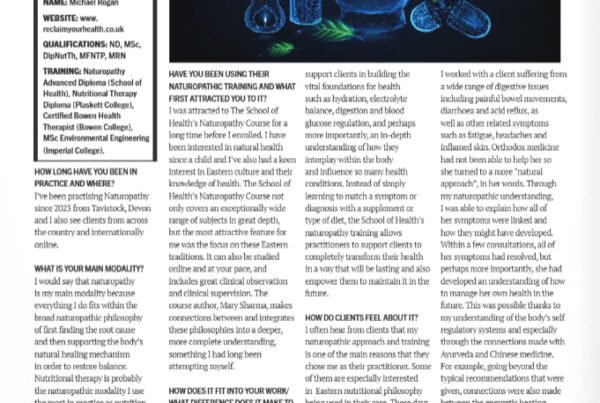At the time of writing in 2025, weight loss medication is hitting the mainstream. Many people who have struggled with their weight are turning to the various injections now available, such as Mounjaro and Wegovy, hopeful that they finally have the solution to losing stubborn weight. However, these medications are not without their issues. Even for those who do not experience immediate side effects, the way that the injections work (like most medications), tends to work against how the body should ideally be operating, thus in many ways worsening the root cause of the weight issue and potentially leading to other health issues in the future. These medications affect the function of the gall bladder, pancreas, gut microbiome health and the digestive system as a whole. In this series of articles, I will cover some natural alternatives to weight loss jabs which are more aligned with how the body should function for optimal health.
While weight loss jabs focus on reducing the intake of calories through a reduction in food intake, I would argue that this is the wrong focus. The reason that people are overweight, in the vast majority of cases, is not due to how much that they eat. While calorie restriction can reduce weight, it tends to be too difficult to maintain over a long period of time and the body will realise that food is scarce and make adjustments to metabolism in order to burn less.
Far more important is what you eat, when you eat and how you eat. Paying attention to these also helps you to become healthier overall, reducing the risk of the various diseases connected to being overweight such as diabetes and cardiovascular problems. I’ll cover each of these three factors and how you can use the information to lose weight without medication in this series of articles, starting today with “What You Eat”.
Part 1: What You Eat Matters
This can be very complicated or very simple.
The simplest way to look at this is to eat only real food. This means unprocessed, natural food that would have existed 150 years ago. It might be difficult to eat exclusively “real food” in today’s world, but it is something to aim towards if you are concerned about your weight and health in general.
What To Avoid Eating to Lose Weight?
The single biggest cause of weight gain is sugar.
You might argue that sugar is a real food, but table sugar (even the brown variety) is in fact a heavily processed extract of the sugar cane or beets. Once removed from its natural state, it becomes very harmful for the body. Workers consuming large amounts of natural sugar cane were found not to have diabetes, and better than average teeth. The simple reason for this is that the whole plant contains various vitamins and minerals which assist in the metabolism of sugar. The sugar we buy in shops or is included in various processed foods and takeaways does not.
So what about natural sources of sugar, like honey and maple syrup? These do contain various other components which make them easier to metabolise, so they are better than refined sugar in some ways. However, they do still exert the same influence on our blood sugar and insulin levels, and excessive consumption is likely to lead to weight gain and diabetes. If you are looking to lose weight, or if you have a family history of such issues, you should really focus on eliminating as much sugar from the diet as possible.
Refined carbohydrates (again, falling into the processed food category above) will have this same effect on blood sugar and insulin as well. The part of the grain that has been removed in the refining process is what slows down the effect on blood glucose levels, reducing the release of insulin. This leads us to fibre.
What to Eat More of to Lose Weight?
Fibre.
Fibre is undigestable part of the food which encourage regular bowel movements and also slow down the assimilation of food into the body. This allows the body to absorb nutrients at a speed which is manageable, reducing spikes in blood glucose levels (and therefore insulin release) and also the storage of fat in the liver.
Fibre would have been a significant part of most ancestral/traditional diets which our body is more accustomed to than the modern processed food diet. It has been stripped out of our diet significantly over the past few decades, mainly with the rise in processing and the reduction in the consumption of real foods like fruit and vegetables.
Sources of fibre include whole (unprocessed) grains and vegetables.
Summary
While this is very much a surface level overview of the topic, if you only focus on reducing the sugar and processed foods and increasing the fibre of your diet, especially through vegetable intake, you will likely see significant results. For the next parts of this article series, please click here for the discussion of When You Eat and here for How You Eat.
If you would like personalised guidance and support on your journey to lose weight in a natural way, consider consulting with me. You can view my consultation and package options by clicking here.
For futher reading, I recommend Fat Chance: The Hidden Truth About Sugar, Obesity and Disease, by Robert Lustig.




